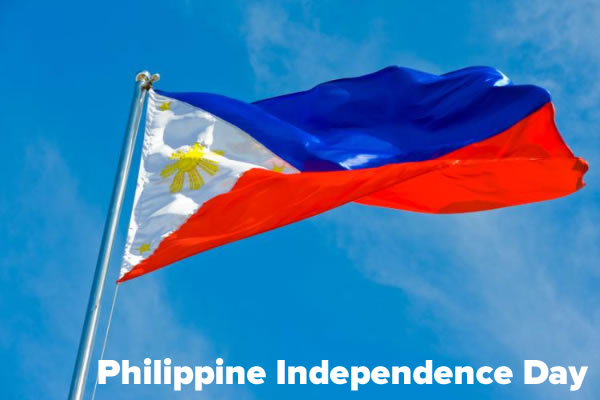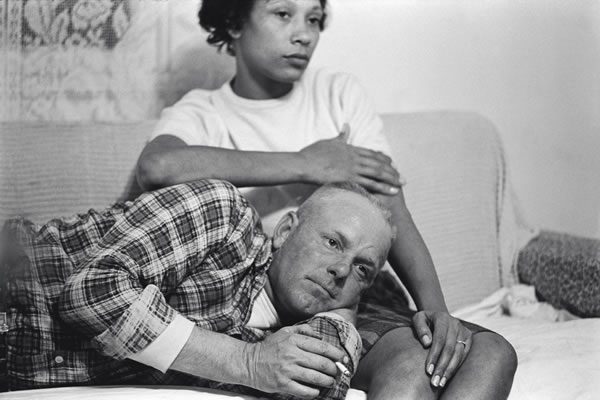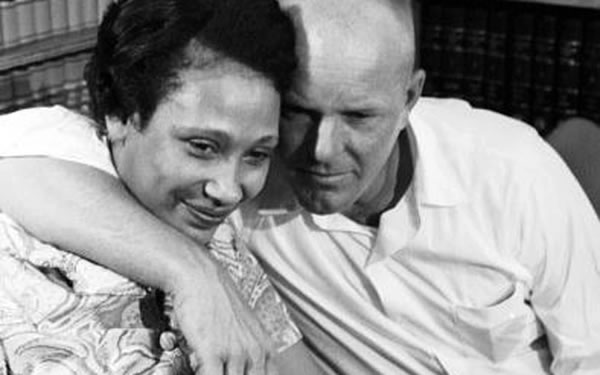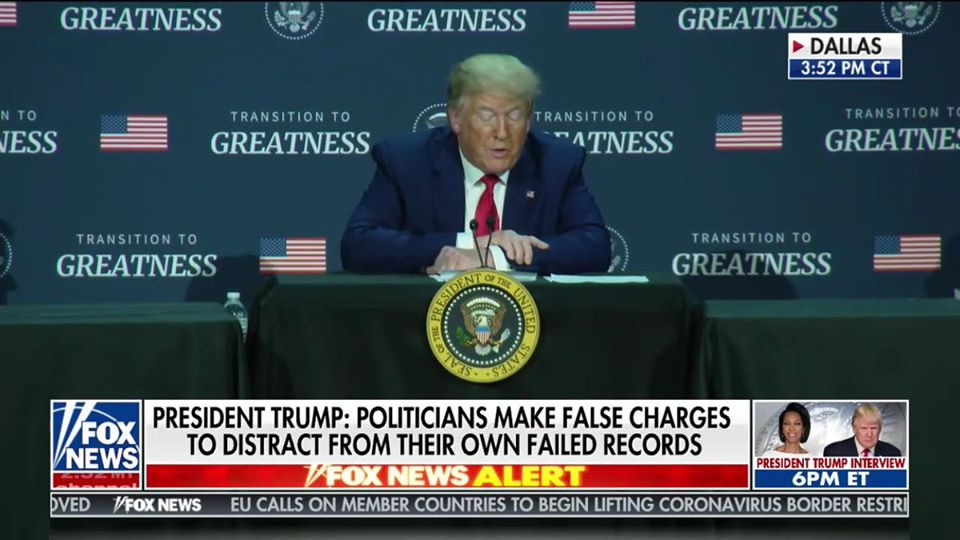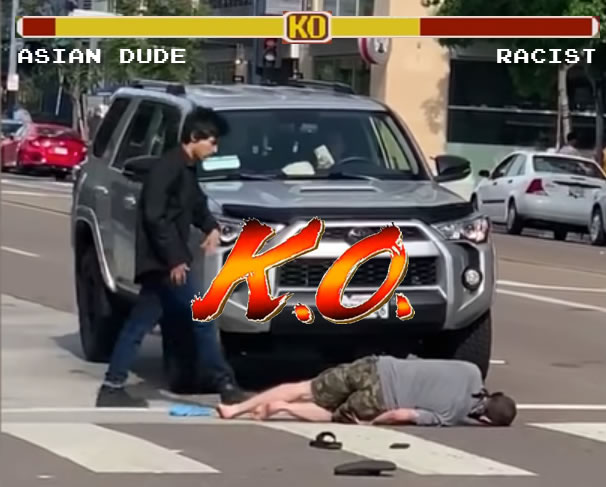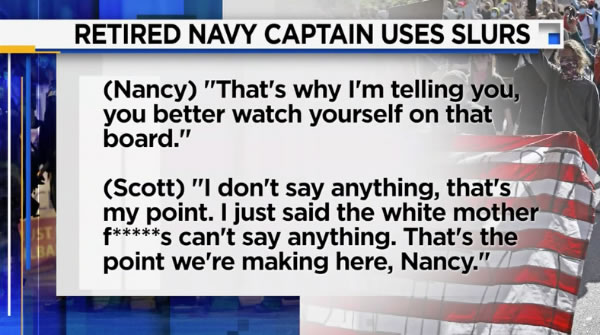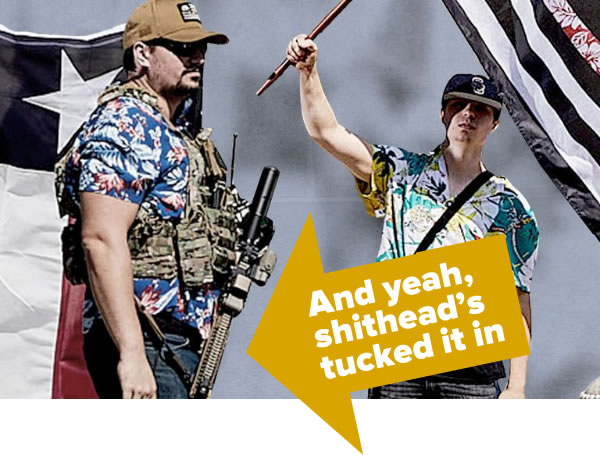
There’s an alt-right group who believe that a second Civil War — which they call the “boogaloo” — is coming, and they’re raring to take their part in it. The name “boogaloo” comes from the 1984 film Breakin’ 2: Electric Boogaloo, which was a sequel to Breakin’. The term “boogaloo” has since been contorted into similar-sounding shibboleths: “big igloo,” and quite notably, “big luau.” It’s the “big luau” expression that led to their adopting the aloha shirt as a signifier, along with camo pants, MAGA caps, and other clothing that’s meant to signify to their buddies that “I too am a fascist.”
That’s the point of this article…
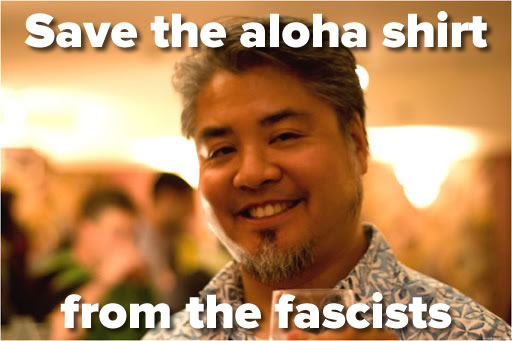
These alt-right assholes are trying to claim the Aloha shirt as part of their symbology, and I intend to do everything in my power to stop them. It’s bad enough that they’ve associated themselves with the tiki torch, but this Pacific Islander will not stand idly by as they attempt to co-opt my sartorial specialty.
Aloha shirt history
Quite unsurprisingly, Aloha shirts are the creation of an Asian expats in Hawaii. One account credits its creation with the “Musa-Shiya The Shirtmaker” store…
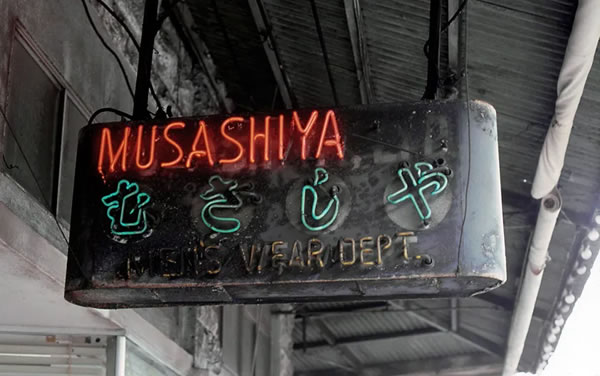
…under the proprietorship of Koichiro Miyamoto, pictured below:
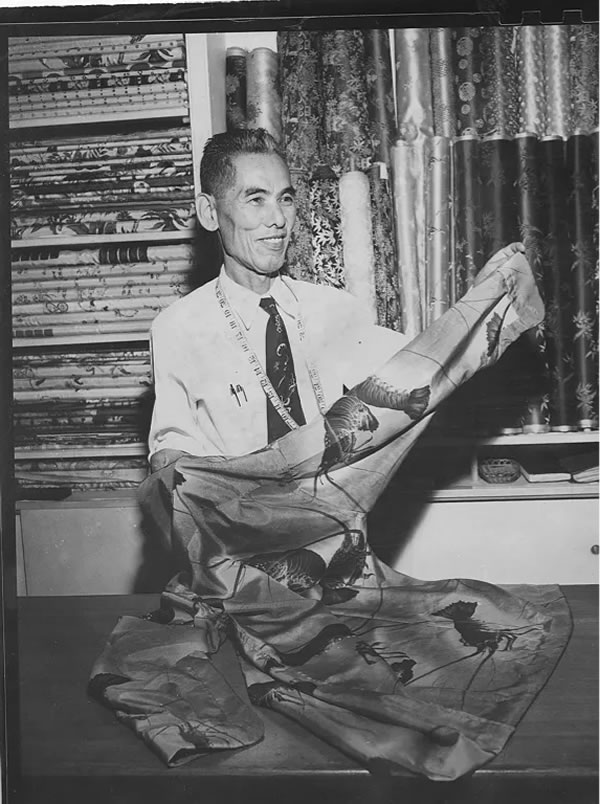
Another story says that Ellery Chun, a Chinese merchant who ran King-Smith Clothiers and Dry Goods in Waikiki. He is believed to have been the first to mass-produce pret-a-porter aloha shirts.
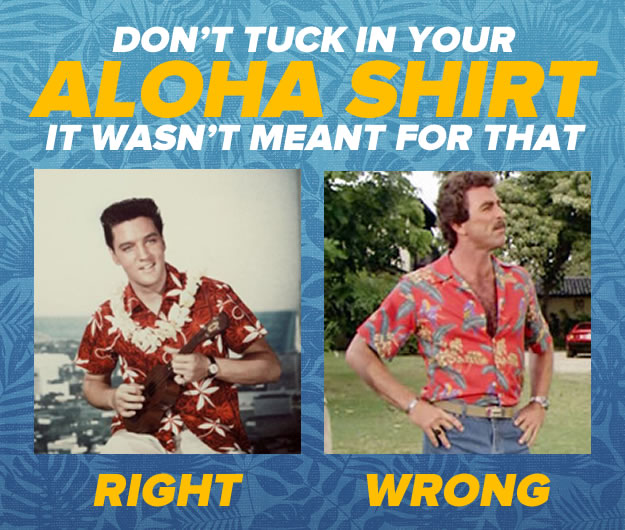
Because aloha shirts have straight lower hems, you’re supposed to wear them untucked, following the example of local Filipinos, who often wear dress shirts untucked (I do).
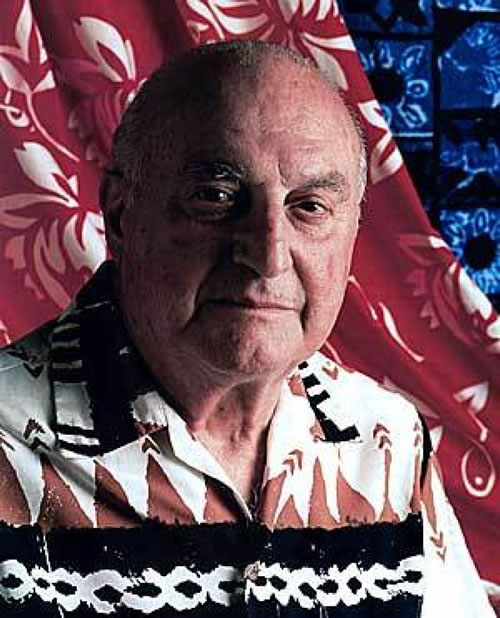
If there’s one person who should be credited with the popularity of the aloha shirt (the term “Hawaiian shirt” is technically incorrect), it’s textile manufacturer Alfred Shaheen. While he didn’t create the aloha shirt — they’d been made in Hawaii since the 1930s, and with the rise of air travel in the 1950s, tourists started them bringing them home from their vacations in the islands. Shaheen took these shirts, which were originally cheaply-made, and elevated them with better tailoring, materials, and patterns. The red aloha shirt that Elvis wore on the cover of the Blue Hawaii soundtrack album is a Shaheen design:
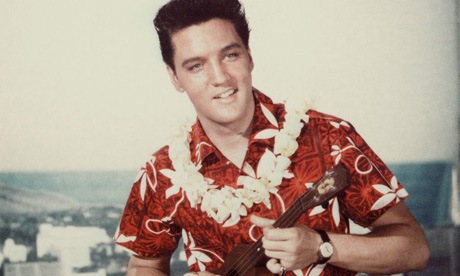
Those of you who’ve known me a while know that I maintain a fine collection of aloha shirts, and I’m often mistaken for Hawaiian. You have no idea how many times I’ve been greeted with “Mahalo!” It’s the perfect clothing for my general vibe, and it’s even more appropriate now that I live in Tampa’s sub-tropical climes:
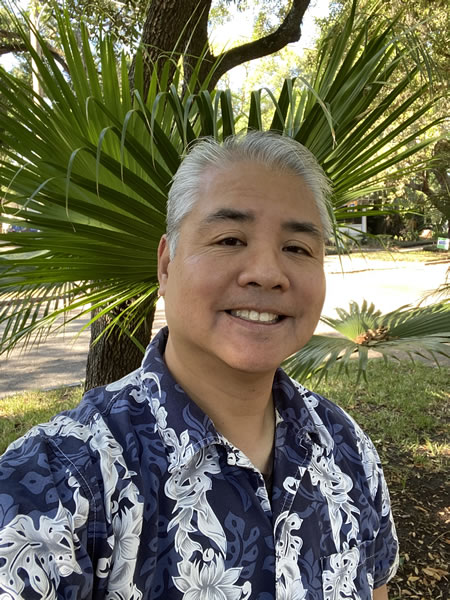


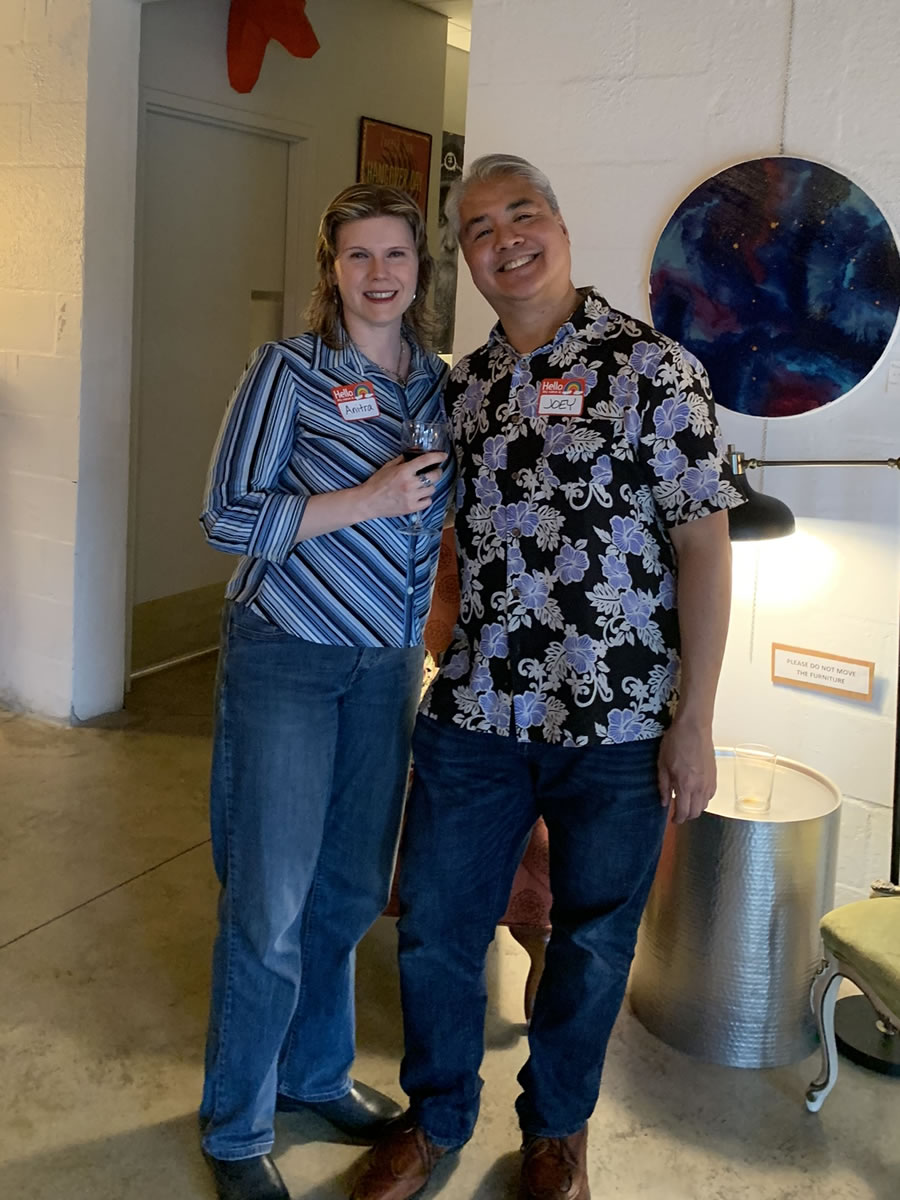
The Wall Street Journal hit the nail on the head in their article Why the Extremist ‘Boogaloo Boys’ Wear Hawaiian Shirts with this paragraph:
…the inherent jolliness of a Hawaiian shirt gives heavily armed boogaloo boys a veneer of absurdity when they appear in public that can deflate criticism. “It’s tough to talk about the danger of guys showing up to rallies in Hawaiian shirts without sounding a little bit ridiculous,” said Howard Graves, senior research analyst at the Southern Poverty Law Center in Montgomery, Ala.
When an alt-right group has tried to appropriate something as a symbol, the brand has pushed back. After a neo-Nazi tried to declare New Balance “the official shows of white people” in 2016, New Balance quickly denounced white supremacy. Fred Perry has had to do the same because the Proud Boys are so fond of their shirts. Tiki Brand, the people behind the torches, have gone to great pains to distance themselves from the “very fine people” at Charlottesville. But since no single brand is associated with aloha shirts, there’s no organized pushback or single voice speaking out against the boogaloo bois and their sullying the aloha shirt by association.
There may be hope. Perhaps someone who’s a credible representative or symbol of Hawaii can speak out. The Honolulu Star-Advertiser made a good start in a recent editorial:
We’re Hawaii, and we want our shirts back.
Not only do we want them known by their proper name — aloha shirts, and not “Hawaiian shirts” as mainlanders call them — but in particular, they should not have been taken over by a violent political fringe group.
And yet, as a result of memes in social media, aloha shirts have been adopted as a kind of uniform for white nationalist groups. Folks who get the relaxed vibe of aloha shirts call that inappropriate. No aloha to those violent Hawaiian-shirt wearers.
Until we get that official voice, it’s up to us — those of us who wear aloha shirts out of love for the style, the signifier of being “the life of the party” or a person of good cheer, to celebrate a love or heritage of the Pacific islands, or any combination of all those — to defend our beloved items of clothing and keep the boogers from ruining them. Join me in this fight!
I’ll close with a gallery of Yours Truly in some of my favorite aloha and aloha-style shirts.
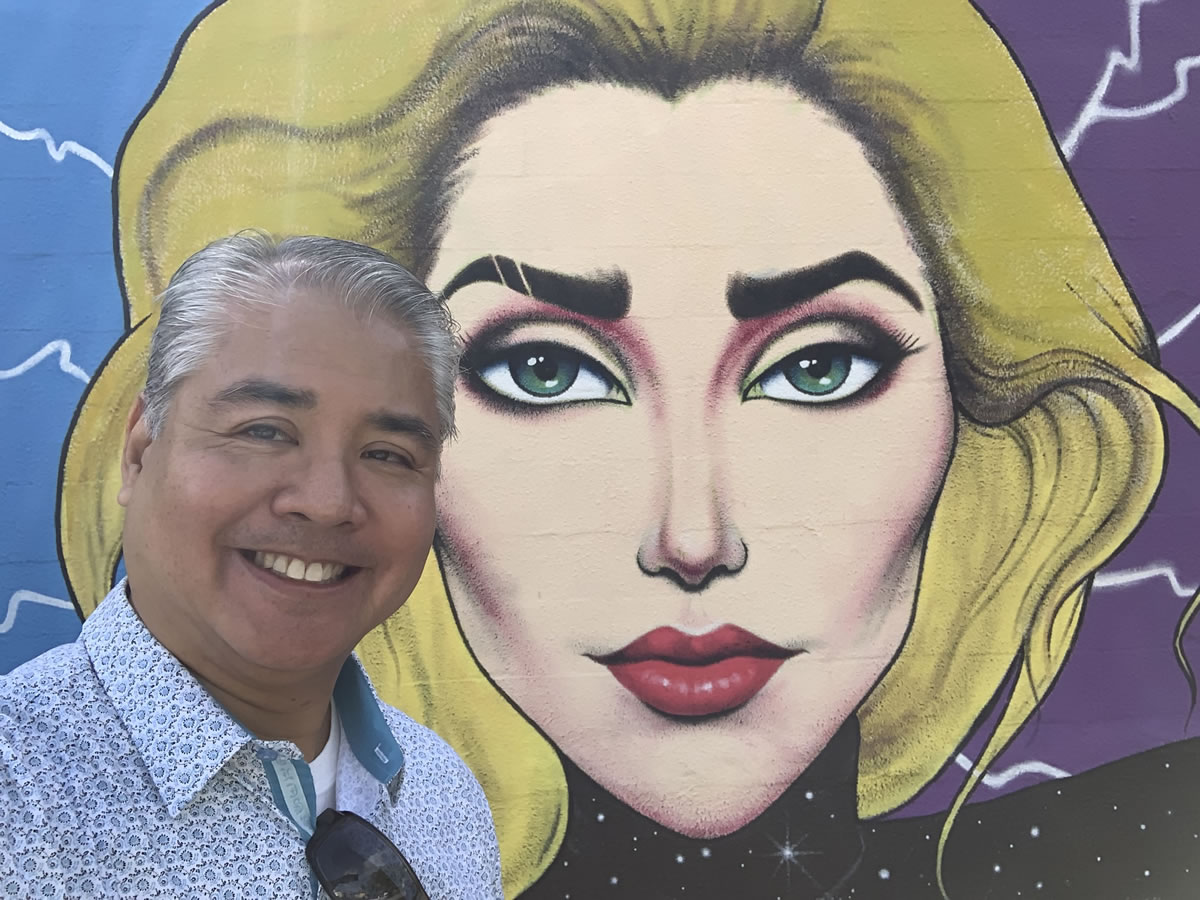
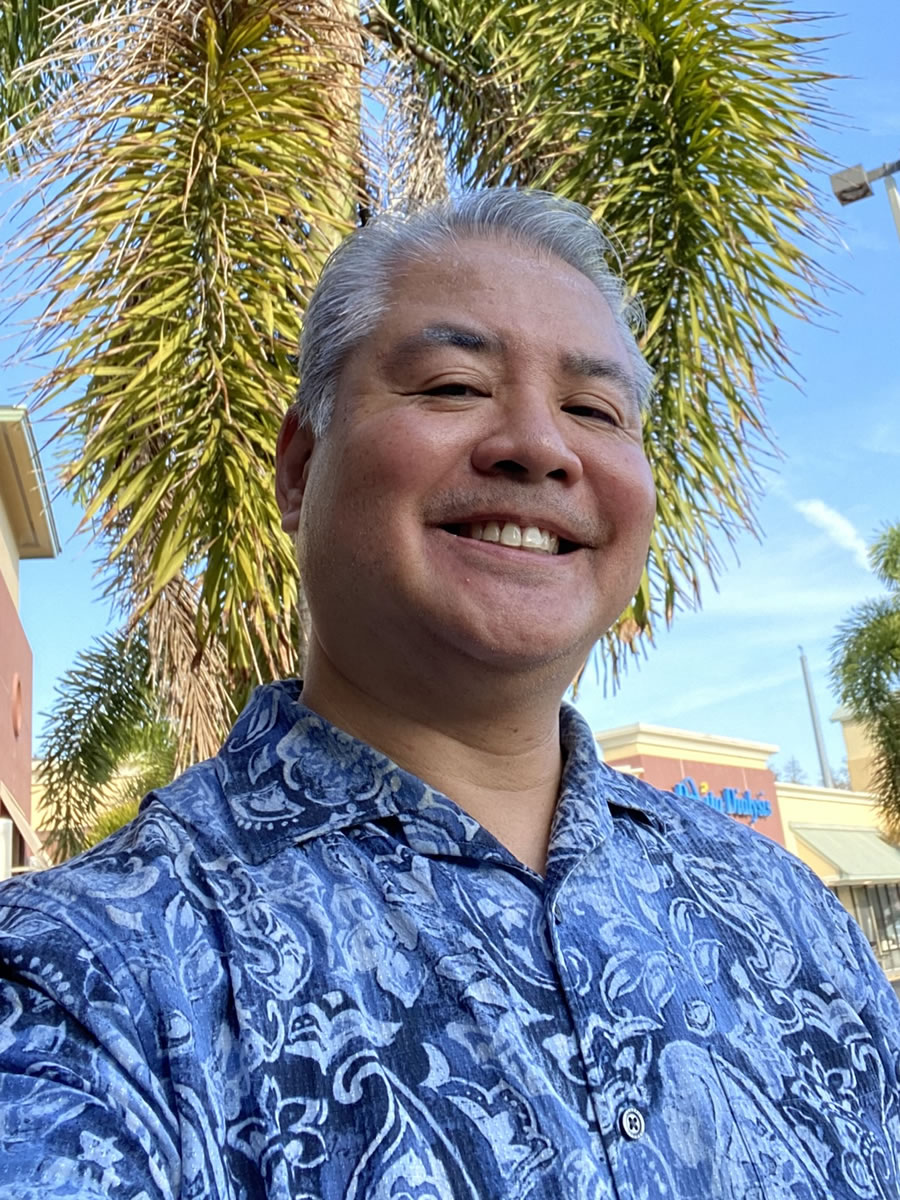




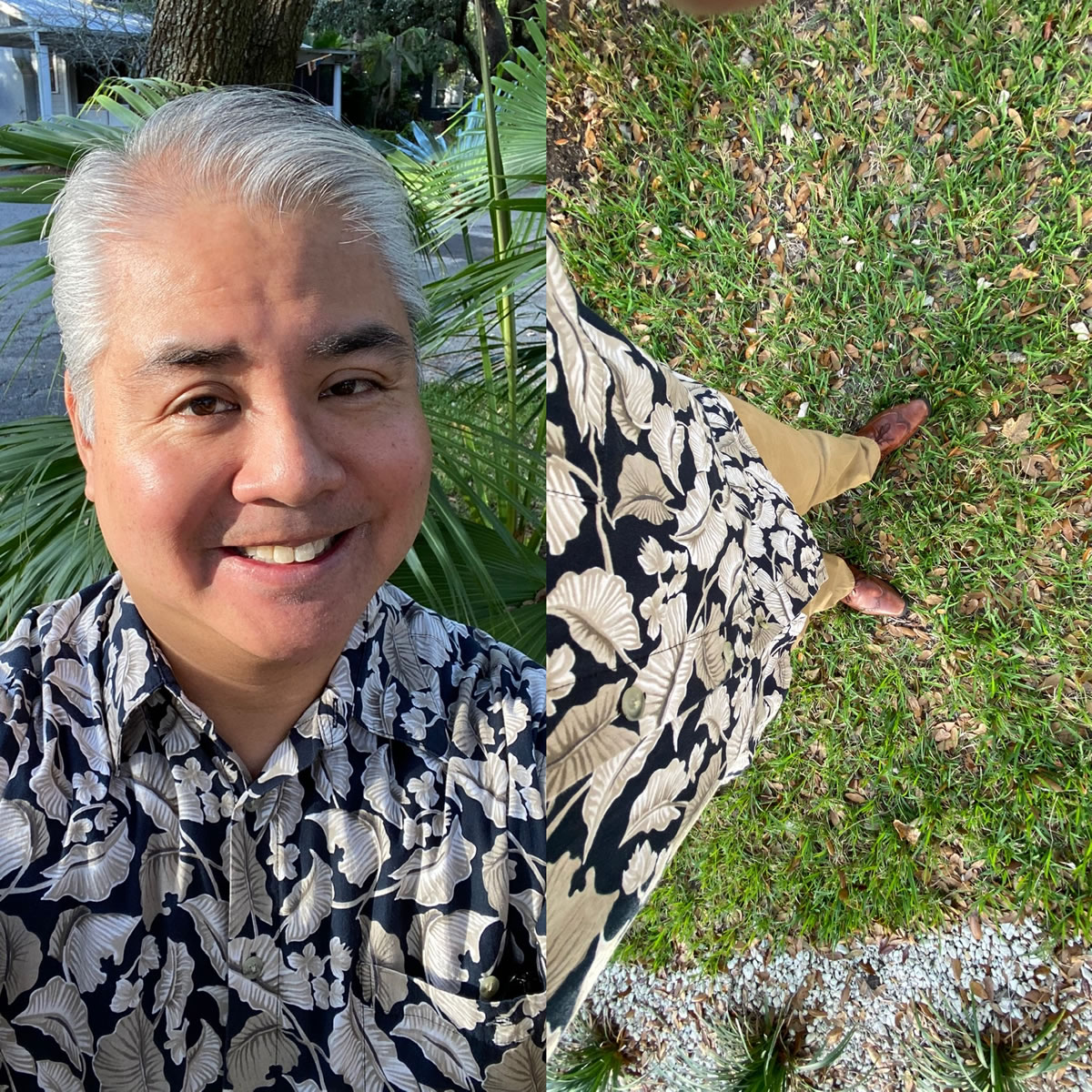
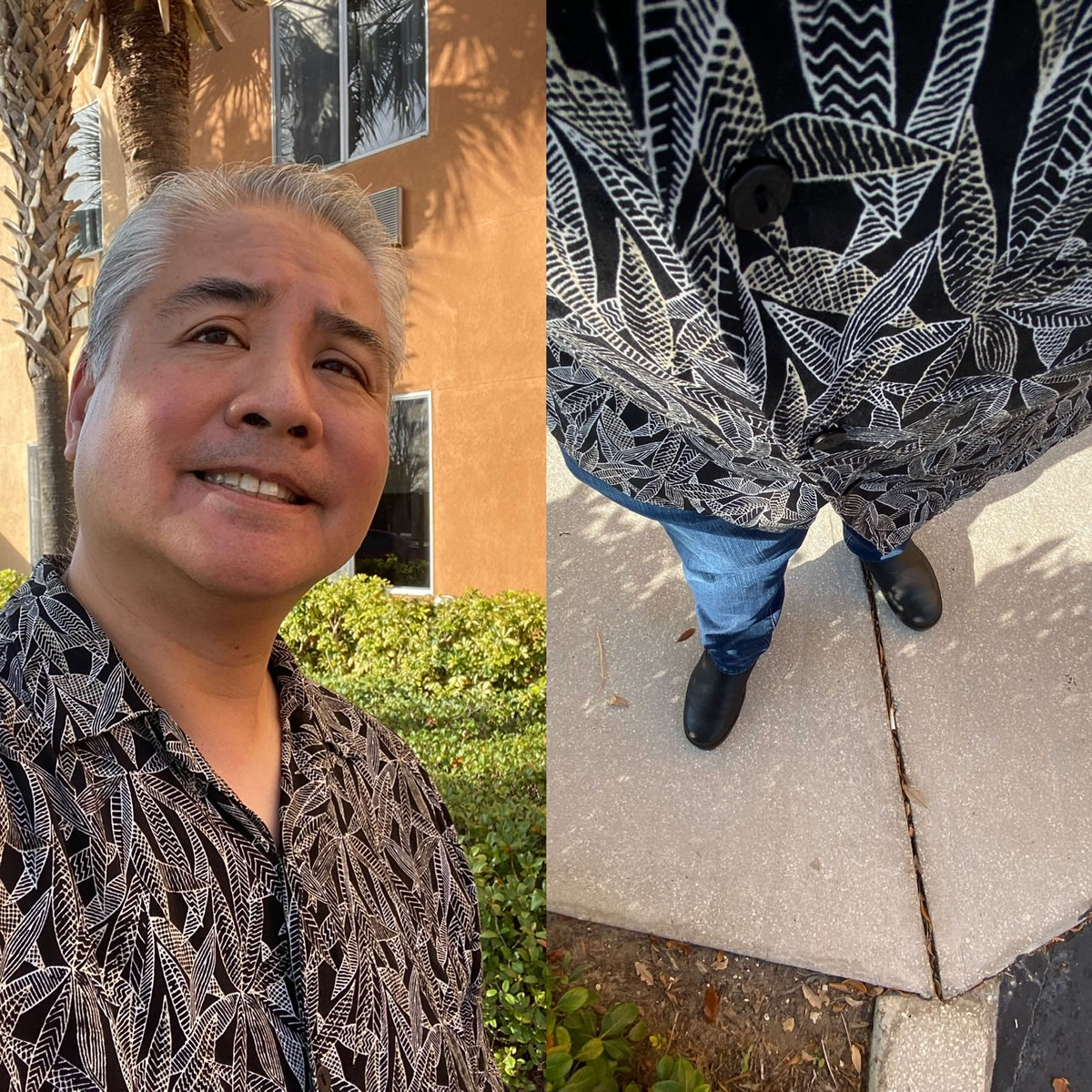
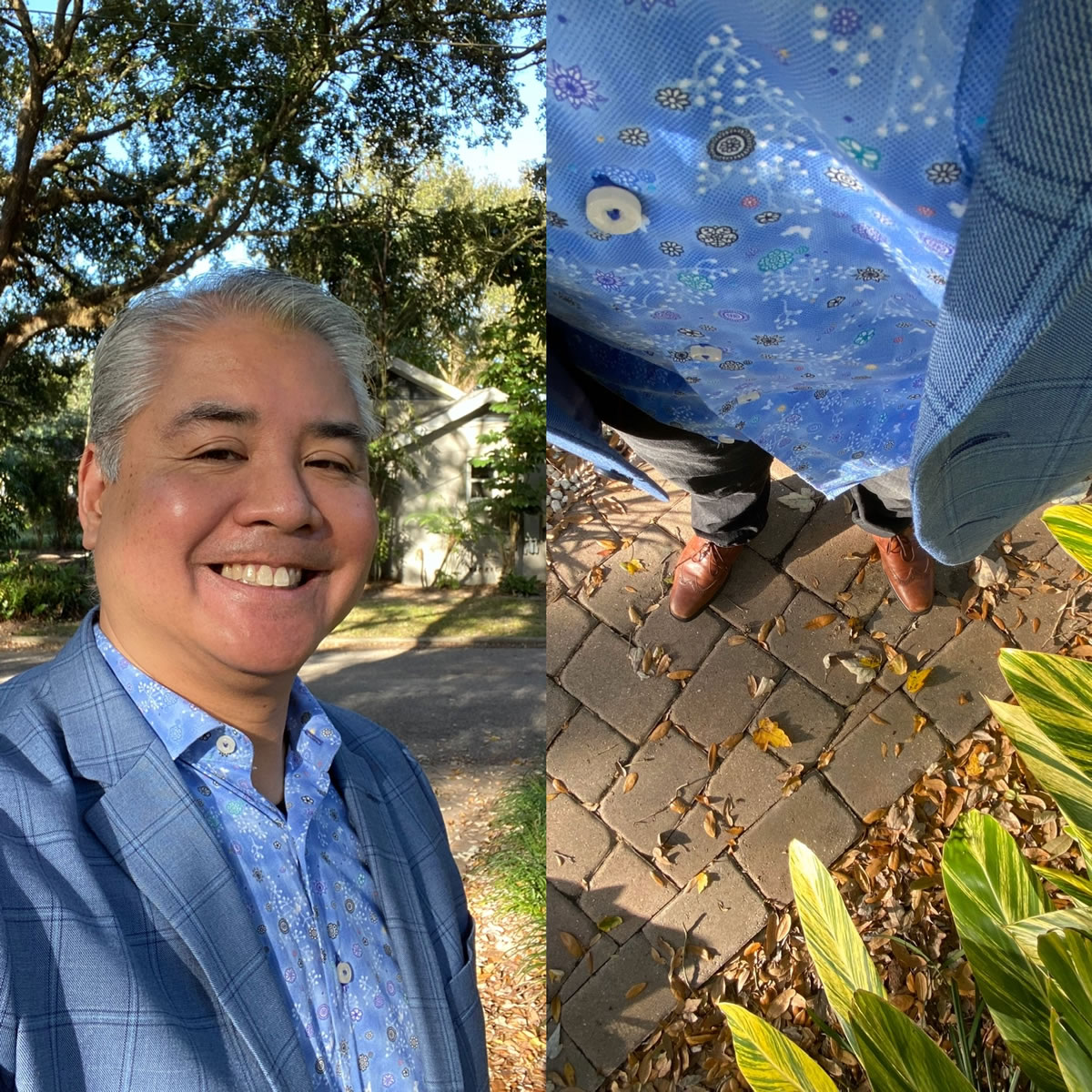
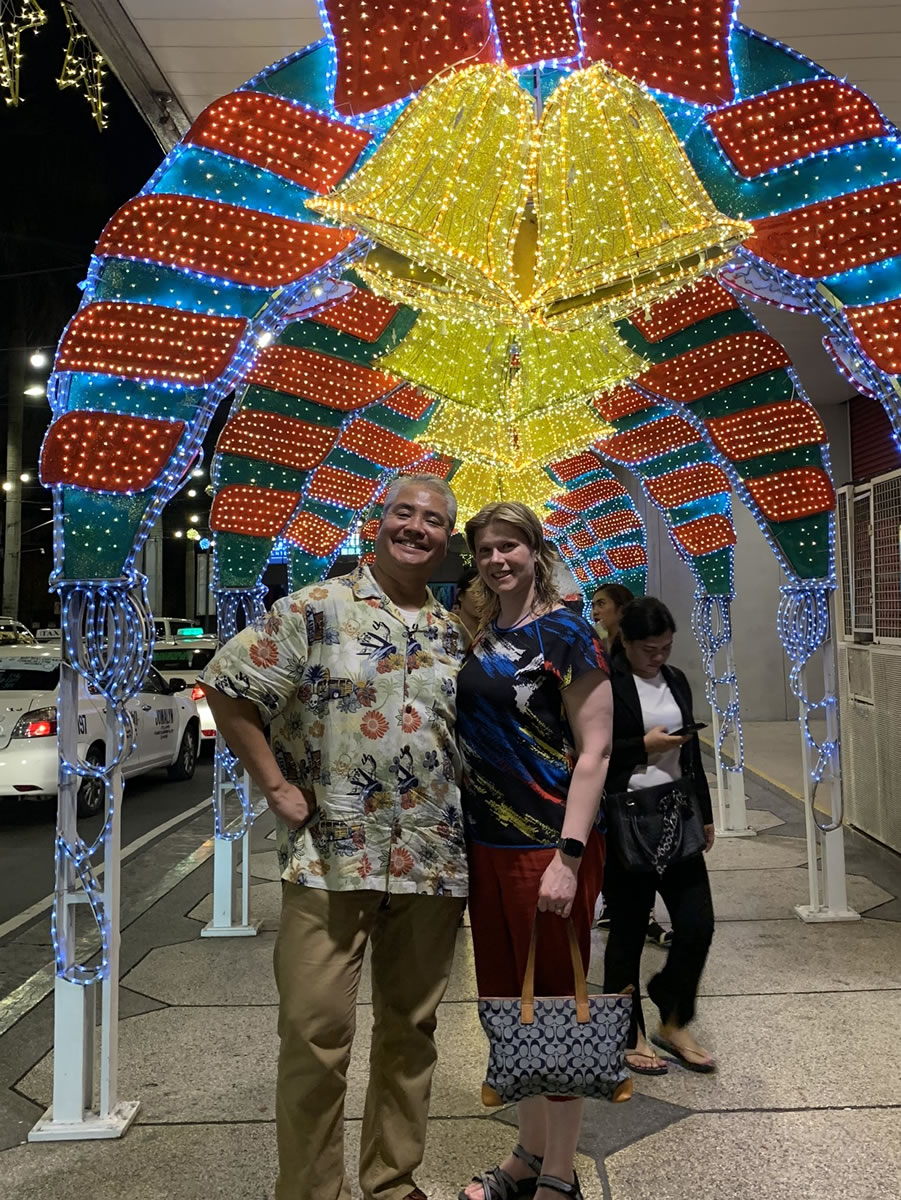

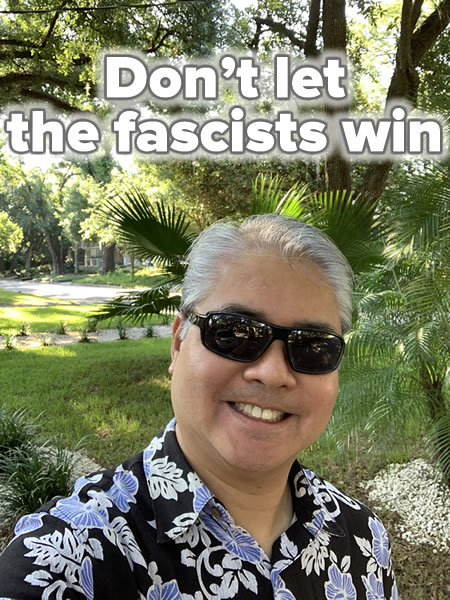
Recommended reading
